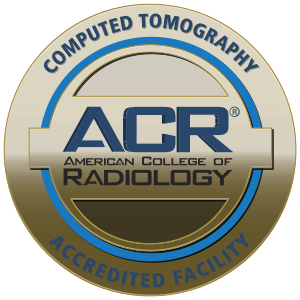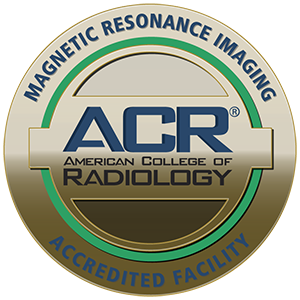Getting an MRI can be a stressful experience, from murky pricing to lengthy wait times scheduling appointments.
It’s a problem Lumina Imaging and Diagnostics is trying to address by carving imaging services out of the traditional hospital setting and offering patients same-day and next-day appointments at a lower cost.
The company, launched by MetroHealth in 2019, has expanded to four Northeast Ohio locations (Medina, Solon, Mentor and Westlake) over the past five years. Growth has been significant, with each location seeing 25% to 50% growth year-over-year, said Lisa Giganti, the company’s CEO.
Giganti, who has been with Lumina since its inception, said the company’s concept eases the cost burden on patients and employer health plans without compromising on the quality of scans.
Lumina has 12 employees across its four locations and specializes in MRI and CT scans. The company’s mission is to “empower health care consumers with quick, convenient access to quality medical imaging at a lower cost.”
MRIs, like most health care services, can be expensive. Costs range anywhere from several hundred to several thousand dollars, depending on the facility and part of the body being scanned.
Imaging Technology News reports prices landing anywhere between $400 and $10,500, with brain, neck and breast MRIs among the most costly. CT scans are generally lower, but they can still cost upward of several thousand dollars.
In the traditional hospital environment, many patients don’t know how much their scan is going to cost until they receive their bill, Giganti said. And they may have to wait weeks for an appointment, prolonging pain and stress.
Lumina charges about $700 for an MRI and $370 for a CT scan. The company offers quick appointment access, Giganti said, meaning patients don’t have to wait long for services.
The company manages to keep costs down through a variety of methods. By operating outside of the traditional hospital environment, Lumina avoids additional overhead costs frequently associated with hospitals, such as administrative and facility expenses, Giganti said. Further, specializing in MRI and CT scans allows the company to stream staff, equipment and supplies to optimize efficiency.
Giganti said Lumina works with its partners to reduce the cost of producing scans and passes those savings onto the patient. She also noted that Lumina’s “use of advanced technological solutions maximizes appointment capacity while minimizing the need for large staff,” adding to its ability to lower costs.
Last year, Lumina inked a deal with Siemens Healthineers, a German health care equipment provider, to make Siemens the company’s exclusive provider of MRI and CT equipment in future Lumina sites.
The company chooses new locations based on factors such as population density, growth expectations and utilization data, Giganti said. Its goal was to ensure most Northeast Ohio residents could reach a Lumina facility in a 20-minute drive.
Giganti said the company strives to take the “hassle” out of getting a scan. Each Lumina location can perform up to 16 scans per day. After a patient undergoes a scan, it is interpreted by a fellowship-trained, subspecialized radiologist. Reports are delivered to patients through MyChart and physicians through PowerShare or fax.
Along with Cuyahoga County residents, Giganti said the company sees patients from cities including Akron, Canton and Ashtabula. The company has garnered a positive response from independent physicians and direct primary care (DPC) doctors, who are happy to have an option outside of the traditional hospital environment, she said.
Dr. Rich Berry of Maple Health DPC in Mentor said he likes how Lumina offers easy access to high-quality services, similar to what he does at his practice. In DPC, patients pay a monthly fee in exchange for direct access to their primary care doctor.
“What I liked about them was very little of what they do is about profit,” Berry said. “Don’t get me wrong. Obviously, it’s a business, but here the prices, this is as cheap as we can do it. Let’s get it done and get it done properly.”
The company also is a preferred provider of the Multiple Sclerosis Association of America through its MRI Access Program, which helps patients with little or no health insurance pay for brain and c-spine scans for the diagnosis and treatment of MS.
Giganti said the company is hoping to expand its model to other parts of the Midwest.
This article, written by Paige Bennett, first appeared in Crain’s Cleveland Business on October 16, 2024, which you can view here.






